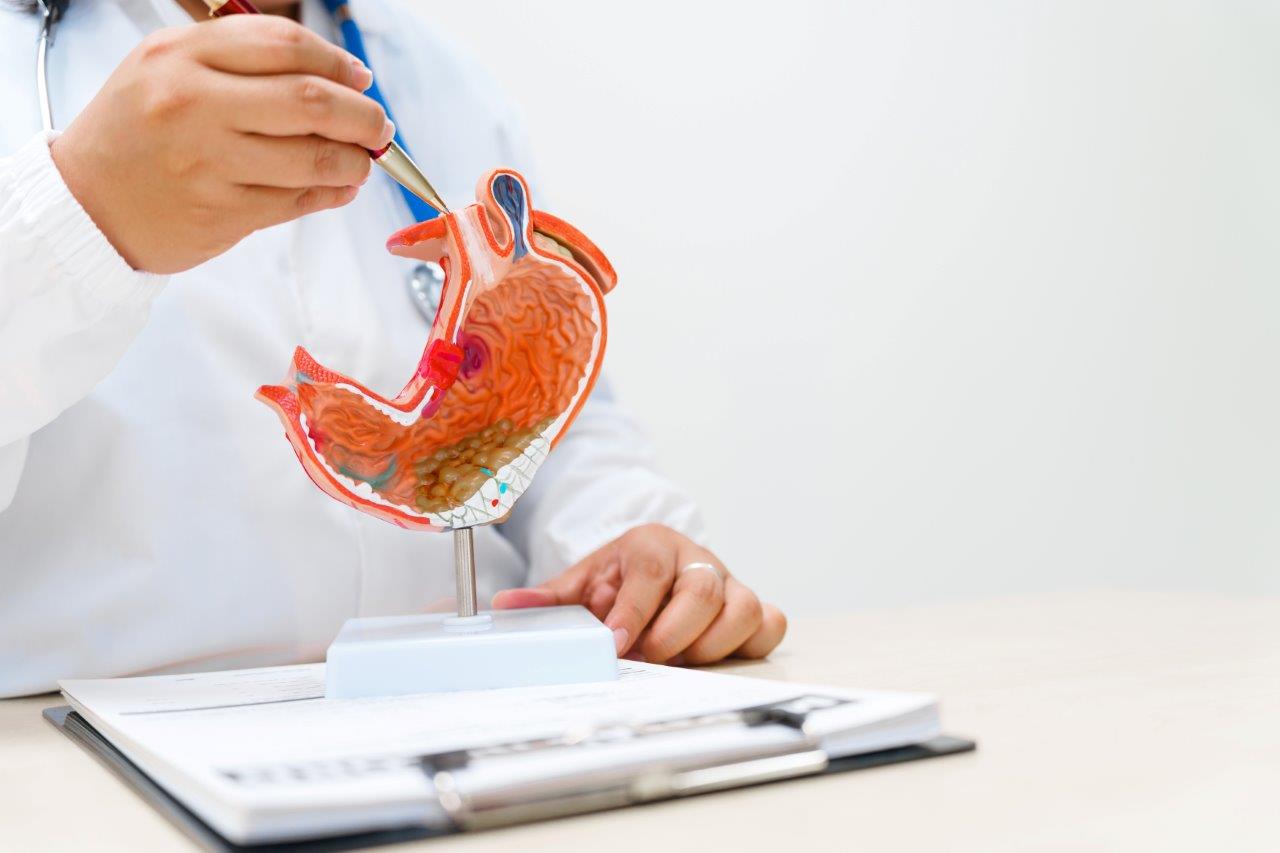

Introduction to the Gut Microbiome
Gut Microbiome at Emirates Hospitals Group. The human gut is home to trillions of microorganisms — bacteria, fungi, and viruses — collectively known as the gut microbiome. Far more than just aiding digestion, these microorganisms play a vital role in maintaining overall health and well-being. At Emirates Hospitals Group, we recognize the importance of the gut microbiome and its influence on a wide range of medical conditions.

The Importance of the Gut Microbiome
A healthy gut microbiome is essential for a strong immune system, effective digestion, and the production of important vitamins and nutrients. It helps protect the body against harmful pathogens and supports the body’s natural balance. An imbalance in the microbiome, known as dysbiosis, has been linked to digestive problems, autoimmune diseases, obesity, and even mental health concerns.
How the Gut Microbiome Affects Health
Your gut microbiome communicates with multiple systems in your body, making it a cornerstone of overall health. Some of the key ways it affects you include:
-
Digestive Health: Supports the breakdown of food and absorption of nutrients.
-
Immune Function: Helps regulate the immune system and fight infections.
-
Metabolic Health: Influences weight, metabolism, and risk of conditions such as diabetes.
-
Mental Well-being: Through the “gut-brain axis,” it affects mood, stress response, and cognitive function.

-
Factors Influencing the Gut Microbiome
The balance of the gut microbiome can be influenced by many factors, including:
-
Diet: A diet rich in fiber, fruits, and vegetables supports healthy gut bacteria, while processed foods can harm it.
-
Lifestyle: Stress, poor sleep, and lack of exercise can negatively affect gut health.
-
Antibiotics & Medications: Overuse can disrupt the natural balance of bacteria.
-
Age & Genetics: Both play a role in shaping the diversity of your microbiome.
-
Frequently Asked Questions
The gut microbiome is the community of trillions of microorganisms — including bacteria, fungi, and viruses — that live in your digestive system. These microbes help with digestion, immunity, and overall health.
Signs of an unhealthy gut may include bloating, constipation, diarrhea, frequent indigestion, food intolerances, fatigue, and even mood changes. If these symptoms are persistent, it’s important to consult a specialist.
Yes. A diet high in fiber, fruits, vegetables, and fermented foods supports healthy gut bacteria, while excessive processed foods and sugar can harm it.
Probiotics (good bacteria) and prebiotics (food for good bacteria) can help restore balance in the gut microbiome, but their effectiveness depends on individual health conditions. It’s best to get medical advice before starting supplements.
Yes. The gut and brain are closely connected through what’s called the “gut-brain axis.” An imbalance in the microbiome has been linked to stress, anxiety, and mood disorders, showing just how important gut health is for overall well-being.
Request an appointment
Please complete the details and we will book you shortly.
Request an appointment
Please complete the details and we will book you shortly.
